In a sparsely furnished migrant shelter a few miles south of the border with McAllen, Texas, little Joan Flores ran around pretending to wear a bulletproof vest.
The fantasy game started in his native El Salvador, after the 7-year-old boy had seen members of a gang known as the “Exterminations” fatally shoot a man in the eye outside his family’s home, according to his mother.
“My country is no place for children – no place for my son,” Patricia Flores, 27, said Wednesday. “I don’t want him to grow up like that.”
Here at the Senda de Vida (Path of Life) shelter, many of the 50 or so migrants contemplating their next moves seemed undeterred by a Trump administration zero tolerance policy that resulted in thousands of family separations.
“It’s been too long a journey to give up now,” said Flores, who has been at the shelter two weeks after having been turned away twice at the border bridge by US immigration authorities.
“We all have a dream and, God willing, we will make it happen.”
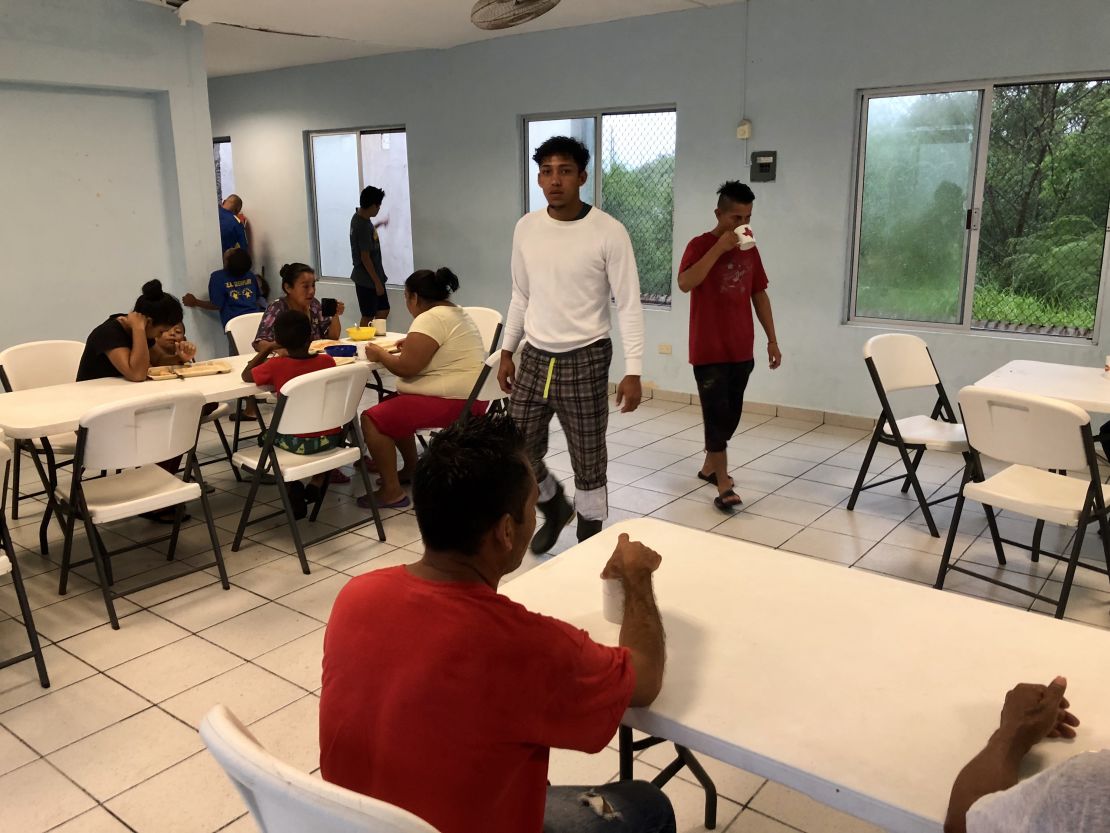
The migrants are well aware of the widely condemned policy that has resulted in the separations of least 2,000 children from their families.
Some have decided to return home after their often perilous journeys north, to places like El Salvador, Honduras and Guatemala.
Still, many appear unfazed by the administration decision to refer all people caught crossing the border illegally for prosecution, including those with children. The policy has resulted in families being separated when the adults are detained to face criminal charges, without clear procedures for reuniting them with their children afterward.
“I cannot go back home,” said Flores, sitting on a bunk bed and growing emotional, arms crossed over her chest. “There is no future for our children there.”
‘I only have scars to show them’
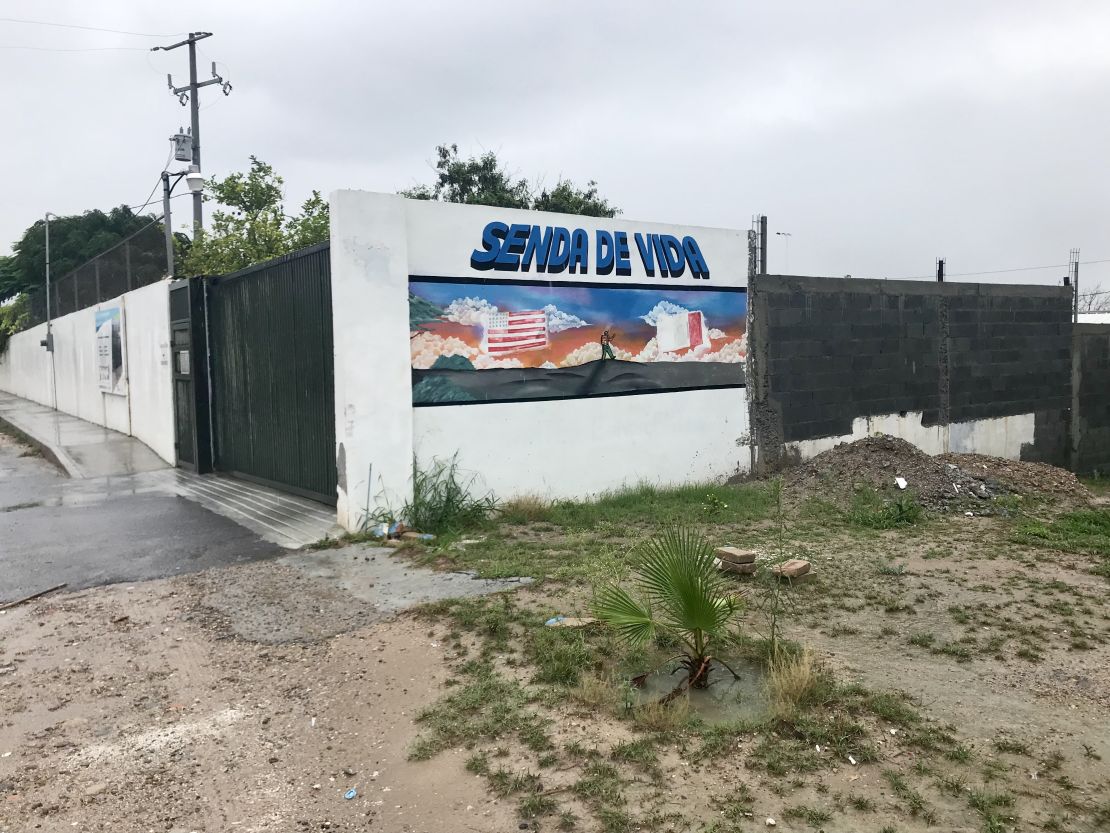
Even as Trump on Wednesday signed an executive order ending family separations by allowing them to be detained together, the migrants at the Reynosa shelter, a short walk from the Rio Grande, waited amid confusion and uncertainty.
They sat together for breakfast. They took turns washing the plastic cups and plates they used. A young boy wearing a red shirt, shorts and sandals pushed an old man in a wheelchair to the sink. One child played with a cell phone. A little girl in a Hello Kitty t-shirt ran around smiling. A groups of boys doodled on sheets of paper.
For many migrants, like 26-year-old Christian Ortiz, returning home – in his case Honduras – isn’t an option.
Ortiz said he fled his native land months ago, driven away by an ultimatum from a ruthless street gang.
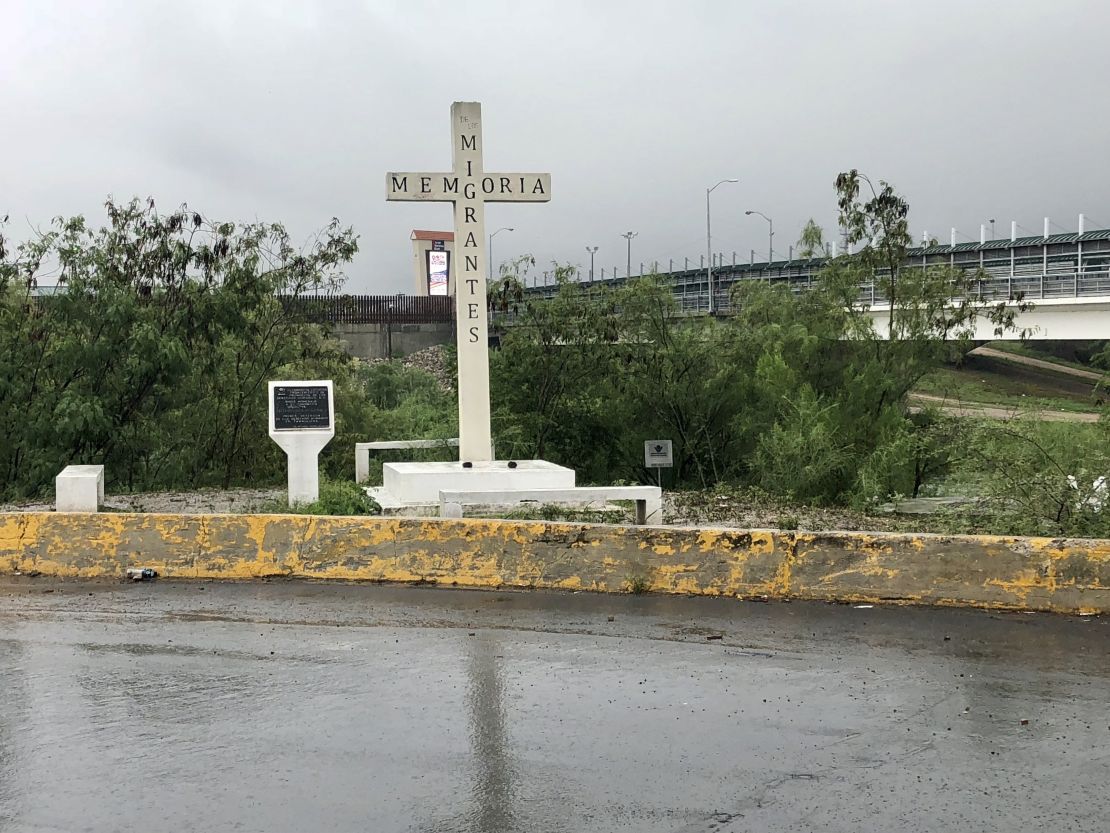
“Either I belong to them or they kill my family,” he said in a shelter room where mattresses are pancaked on top of each other during the day.
As a driving rain falls outside, Ortiz raised his shirt to show the scars on his back from the lashings of gang members trying to recruit him. He decided to leave his young children behind and make his way to the US border. He said he saw two men killed as they rode a train north through Mexico. He hopes to eventually connect with family in Houston.
Aside from the scars, Ortiz said he has little evidence of the perils he faces back home to make a case for asylum.
“I have no proof, no documentation,” he said. “I only have scars to show them.”
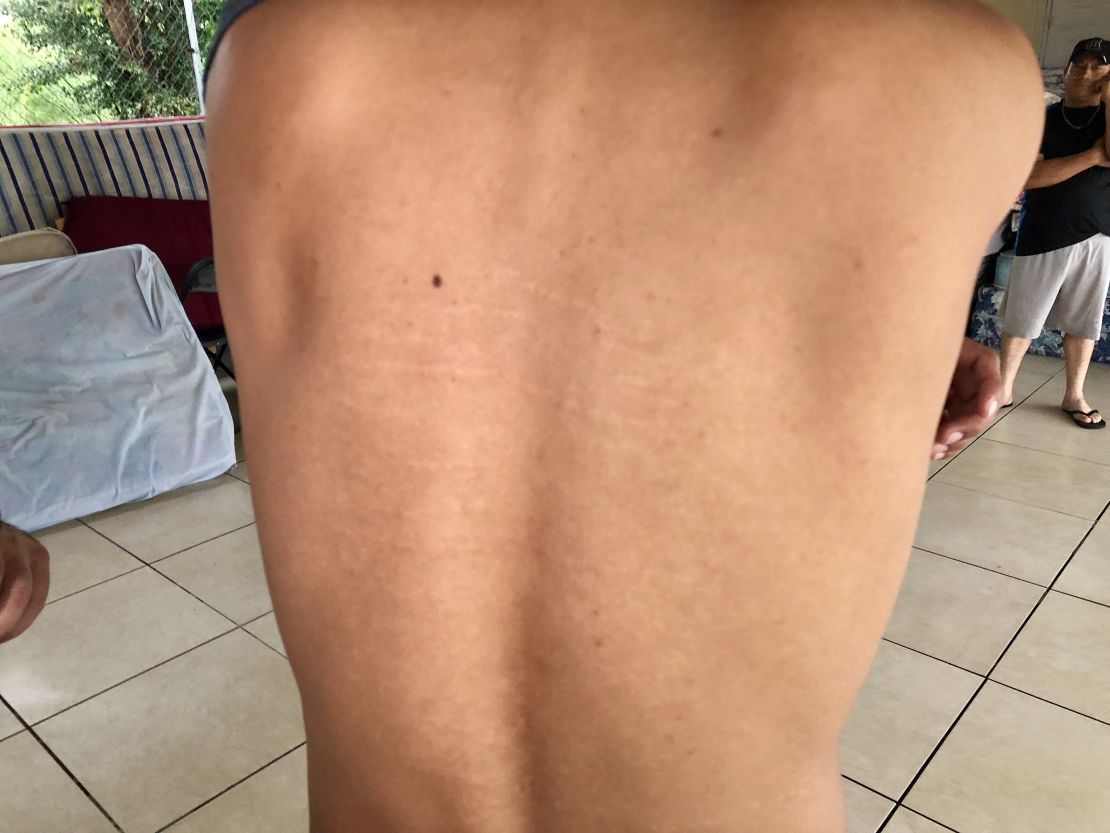
‘The need is greater than the fear’
His only hope now, he said, is to make it across the border. His family has been calling him for money, he said.
“I hope Donald Trump has a change of heart,” he said. “I hope he can show some compassion … I don’t know if he has a heart of stone with all the things he has said but we are all human with hearts of flesh. Maybe if he hears our stories he will change.”
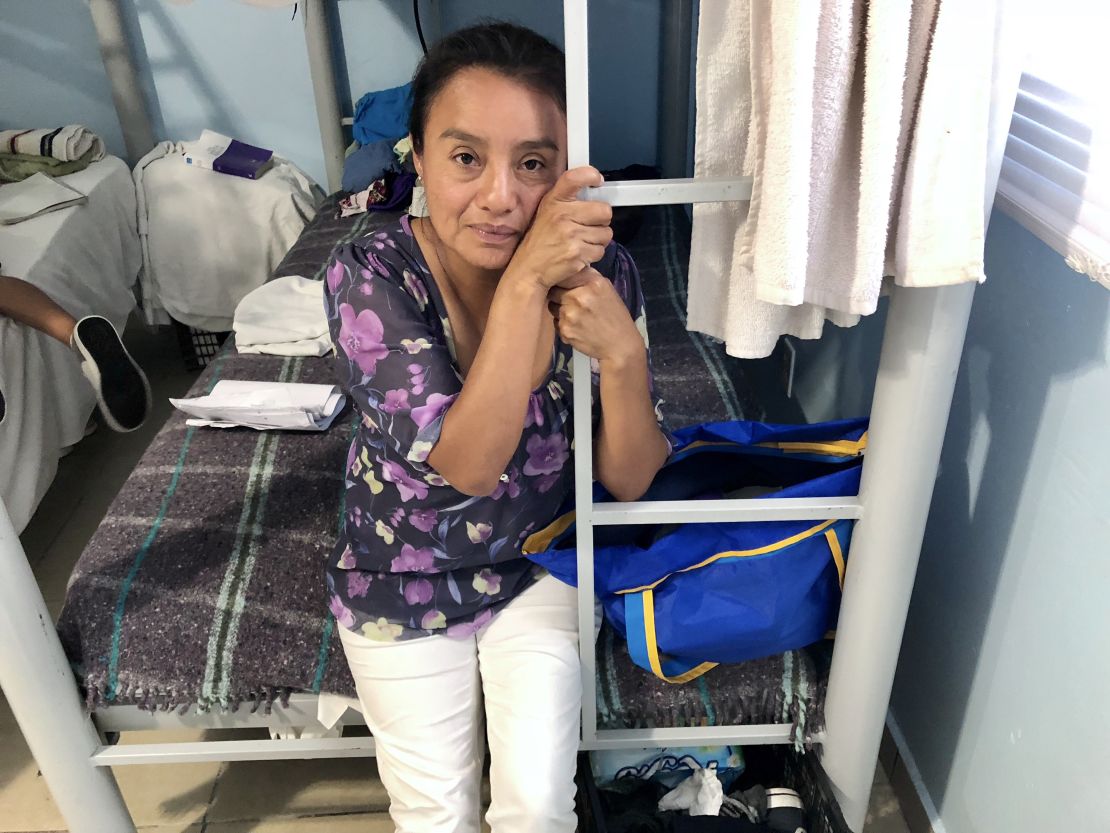
Dolores Contreras Alarcon, 40, said she was separated from her three sons after being detained by US immigration authorities in Texas late last month. She and her sons were deported after about four days but her husband remains in US custody.
A native of the Mexican port city of Veracruz, Contreras said she told an agent that she had medicine one of her sons needed for epilepsy.
“We don’t care,” she said the agent told her, ordering her to throw the pills away. “You shouldn’t have come to this country.”
On her first border crossing, Contreras said, she took a boat across the Rio Grande and trekked through mountainous terrain in the predawn hours before encountering the border patrol. She vowed to try it again.
“Yes, I’m afraid but the need is greater than the fear,” she said. “We know the risks.”
CNN’s Ed Lavandera and Jason Morris reported from Mexico, Ray Sanchez reported and wrote in New York.








